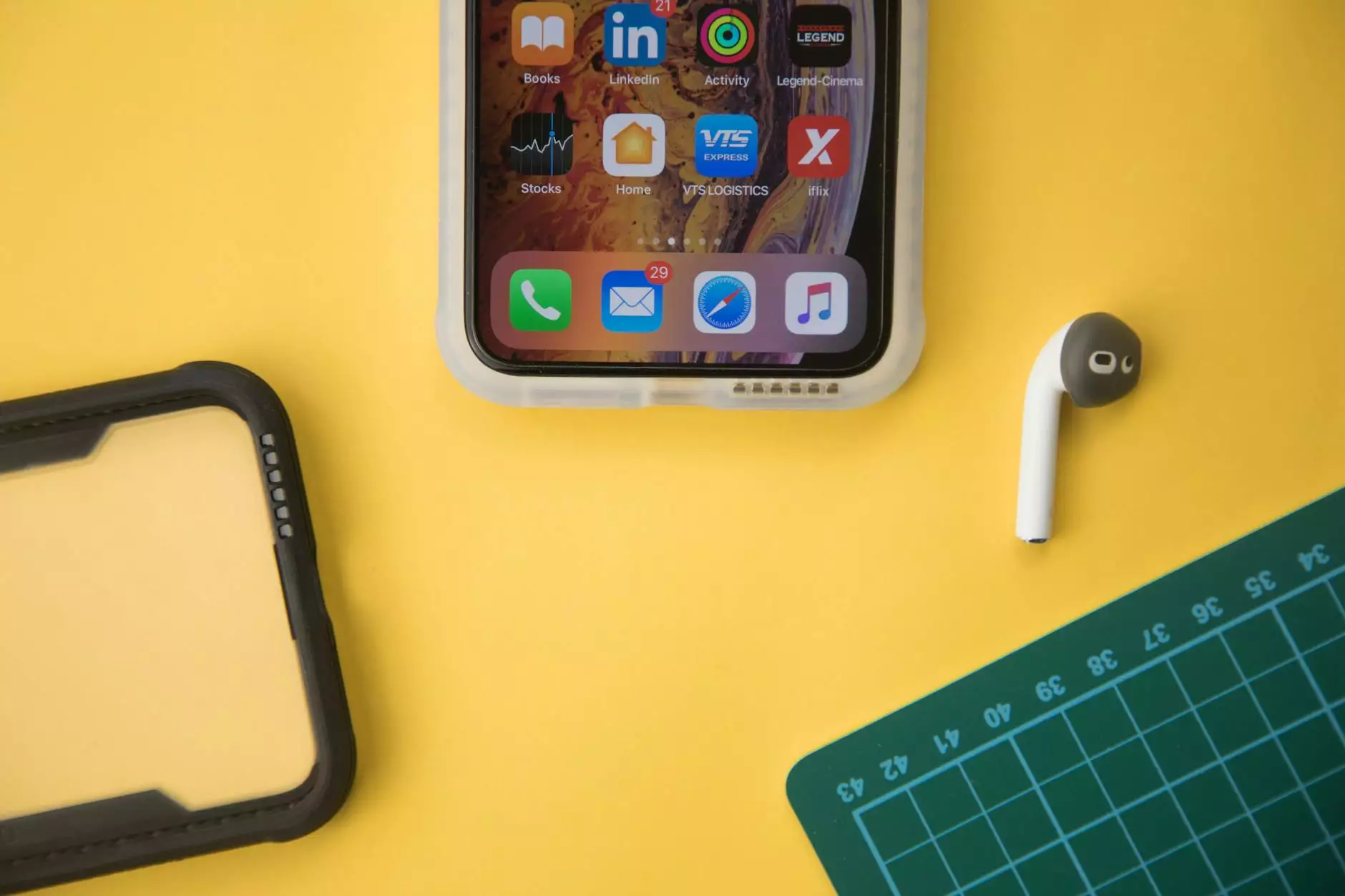Mobile App Testing Methods, Tools Benefits & Strategies
Blog
Are you looking to create a high-quality mobile app that exceeds user expectations? Look no further! Seo by Chrys, a prominent website development company in the business and consumer services industry, offers a range of mobile app testing solutions to enhance your app’s performance and deliver a seamless user experience.
Why Mobile App Testing Matters
In today's digital age, mobile apps have become an integral part of our daily lives. From e-commerce to entertainment, mobile apps serve various purposes and engage millions of users. However, the increasing complexity and diversity of mobile devices and operating systems present numerous challenges that can impact app performance. This is where mobile app testing comes into play.
Mobile app testing is a crucial step in the software development cycle. It ensures that your app functions flawlessly across different devices, operating systems, and network conditions. Comprehensive testing helps identify potential issues, such as crashes, bugs, usability problems, and performance bottlenecks, allowing you to address them before releasing the app to the market.
The Benefits of Effective Mobile App Testing
1. Improved User Experience: Mobile app testing enables you to provide users with a seamless and intuitive experience. By thoroughly testing your app's user interface, navigation, and usability, you can pinpoint areas of improvement and optimize the user experience.
2. Increased App Performance: Performance is a key factor in user satisfaction and retention. Rigorous performance testing allows you to uncover and resolve issues related to app speed, responsiveness, and resource consumption, ensuring a smooth app experience for your users.
3. Enhanced Compatibility: With the diverse range of mobile devices and operating systems available, testing your app across different platforms is vital. This ensures compatibility and functionality on various devices, such as smartphones and tablets, with different screen sizes and resolutions.
4. Decreased User Churn: App crashes, freezes, and usability issues can frustrate users, leading to uninstallations and negative reviews. By conducting thorough testing, you can identify and address these issues, minimizing user churn and maintaining a loyal user base.
5. Positive Brand Perception: Delivering a high-quality app experience establishes trust and credibility among users. By investing in mobile app testing, you demonstrate your commitment to providing a reliable and user-friendly app, enhancing your brand reputation.
Effective Mobile App Testing Methods
1. Manual Testing:
Manual testing involves human testers manually executing test cases to ensure the functionality, usability, and compatibility of a mobile app. Although it can be time-consuming, manual testing is essential for validating app behavior in real-world scenarios.
2. Automated Testing:
Automated testing utilizes specialized tools and frameworks to execute pre-defined test scripts, reducing human effort and increasing efficiency. It allows for faster test execution, seamless integration with continuous integration systems, and better coverage of test scenarios.
Mobile App Testing Tools
Choosing the right tools for mobile app testing is crucial for achieving accurate results and maximizing testing coverage. Here are some popular mobile app testing tools:
- Appium: An open-source tool for automating mobile app testing across different platforms and devices.
- XCTest: A testing framework provided by Apple for iOS app testing, offering features like UI testing and performance testing.
- Android Studio: Google's official integrated development environment (IDE) that includes testing capabilities for Android apps.
- TestFlight: A tool provided by Apple for beta testing iOS apps, allowing you to gather feedback and identify any potential issues.
Mobile App Testing Strategies for Success
1. Test Early and Often: Incorporate testing into the app development process from the early stages to identify and resolve issues as soon as possible. Regularly perform regression testing to ensure new features or bug fixes do not break existing functionality.
2. Establish Test Objectives: Define clear objectives and goals for each testing phase. Identify key metrics, such as responsiveness, resource usage, and load times, to evaluate the app's performance against benchmarks.
3. Real-Device Testing: Emulators and simulators have their benefits, but testing on real devices is essential for accurately assessing app behavior and performance across various hardware configurations.
4. Usability Testing: Involve real users in usability testing to gather feedback on app features, navigation, and overall user experience. This invaluable insight helps uncover any usability issues and allows for iterative improvements.
5. Performance Testing: Simulate various network conditions, such as 3G, 4G, and Wi-Fi, to determine how your app performs under different scenarios. Identify potential performance bottlenecks, such as slow loading times or excessive resource consumption, and optimize accordingly.
In conclusion, mobile app testing is an essential aspect of delivering a high-quality app that delights users. Seo by Chrys, with their expertise in website development, understands the significance of comprehensive testing methods, tools, and strategies. Trust us to ensure your mobile app achieves peak performance, outstanding user experience, and optimal compatibility across devices and operating systems. Contact us today to take your mobile app to the next level!




